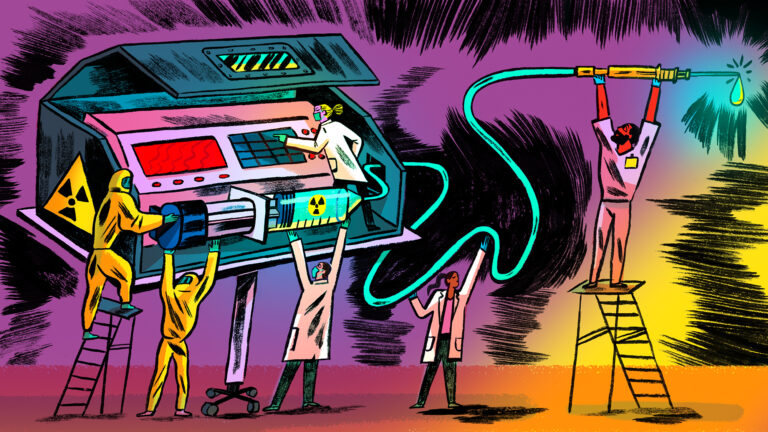Biotechnology has become a pillar of national resilience. Once considered niche, fields like synthetic biology, pathogen genomics, computational biology, and environmental microbiology now sit at the heart of U.S. biosecurity strategy, economic competitiveness, and geopolitical influence.
Yet the nation’s training infrastructure remains dangerously underdeveloped. While the United States has invested billions in biomanufacturing facilities and domestic production capacity, it lacks a coordinated strategy to develop the workforce needed to operate them.
Other nations are moving more deliberately. Singapore’s Biopolis integrates academic and industrial training from secondary school to Ph.D. The U.K.’s Innovation Strategy and Net Zero Research and Innovation Framework emphasize long-term investment in skills and research and development to position the nation for leadership in bioeconomy sectors aligned with Net Zero goals. China’s five-year biotech roadmap includes vocational biomanufacturing programs and expansive, state-backed training centers. Without similar investment in talent pipelines, the U.S. risks building the hardware of the bioeconomy without the human systems to sustain it.

